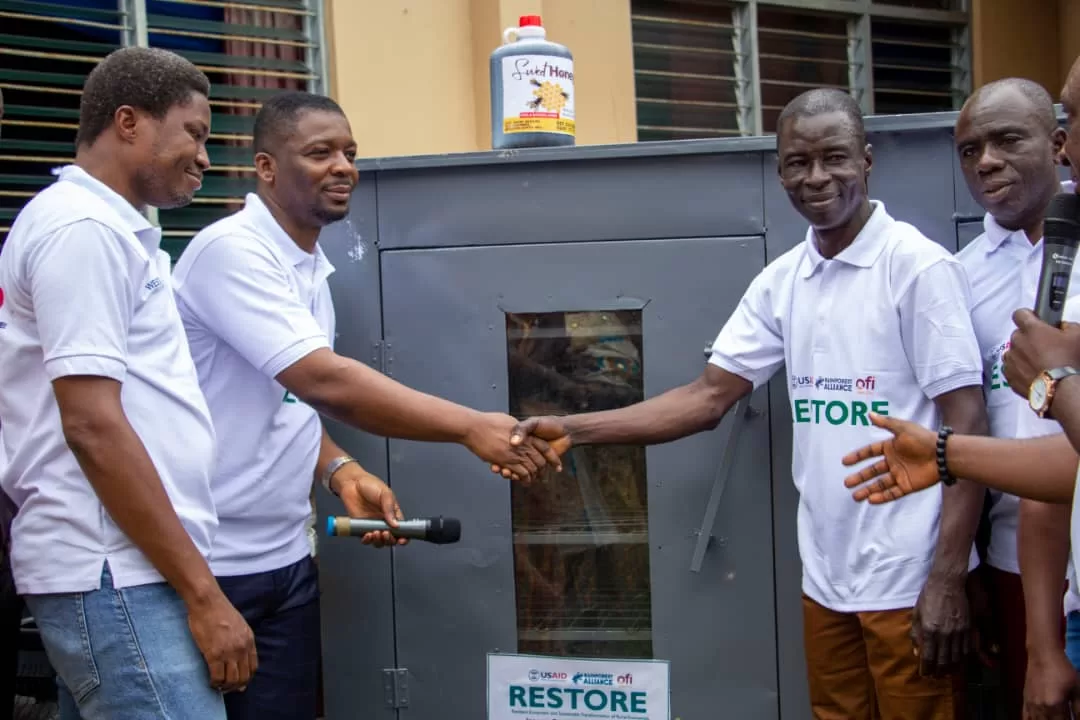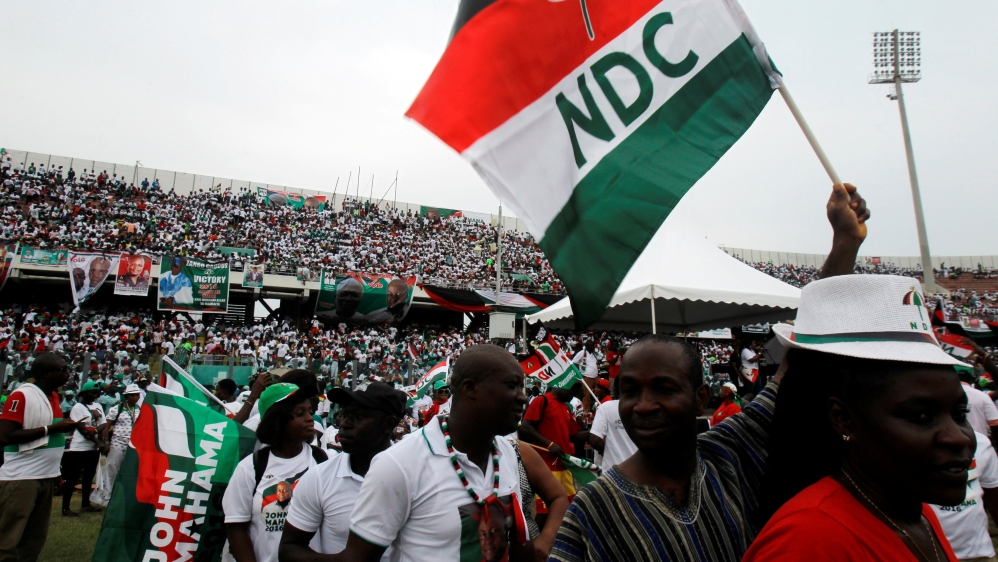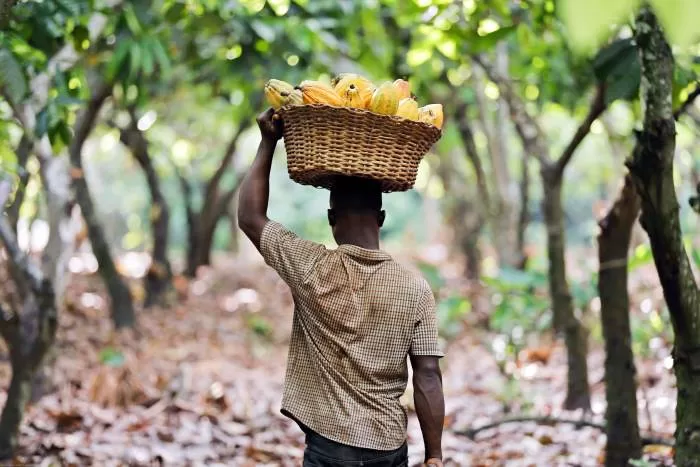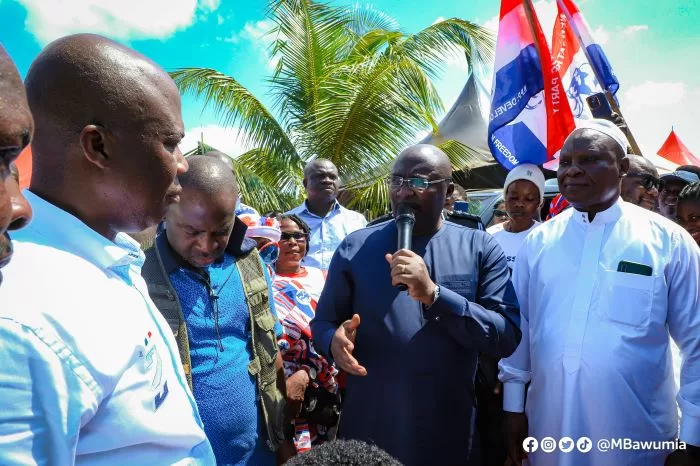The Rainforest Alliance, Ghana, an International Non-Governmental Organization, through its Resilient Ecosystems and Sustainable Transformation of Rural Economies (RESTORE) project has presented various sets of business start-up kits valued at over GHS 700,000 to about 100 farmers and farmer groups in the Western North region of Ghana.
The start-up kits will help the beneficiary farmers, who have already undergone several months of training facilitated by the organization, to successfully establish thriving businesses in chosen alternative trade areas including Honey-production, Snail farming, Fish farming, Pig farming and Bakery services.
The RESTORE project seeks to demonstrate a scalable model for community-led governance, biodiversity conservation, climate change mitigation, and resilience that aligns with regional and government priorities in the cocoa production landscapes in Ghana and Cote d’Ivore. One strategic approach of the project is to build the capacity of smallholder farmers in entrepreneurial skills and support them with establishing income diversification enterprises with expanded opportunities for women and youth in the landscape.
At a short presentation ceremony held at Sefwi Wiawso, the Country Director of Rainforest Alliance Ghana, Mr. Kwame Osei stated that Climate.gov has reported that by 2050, rising temperatures will push suitable cocoa cultivation areas uphill. This means that Ghana and Côte d’Ivoire’s optimal altitude for cocoa cultivation is expected to rise, which may force farmers to expand cocoa harvesting to higher grounds. Therefore, among the several interventions his organization has introduced to help address this challenge, is the introduction of the RESTORE project.
“In partnership with the United States Agency for International Development (USAID), we launched RESTORE in 2022 to improve the livelihoods of cocoa farmers in Côte d’Ivoire and Ghana to increase tree cover and help reduce national and corporate greenhouse gas emissions. Through these efforts, we aim to have a direct impact on an estimated 15,000 farmers managing 50,000 hectares of farmland, ultimately enhancing cocoa productivity and incomes, restoring forest covers, and promoting gender equality by 2027. We aim to achieve this through a holistic approach that includes farmer training and support, market connections, and active participation in restoring degraded forest lands, all in pursuit of our mission to create a more sustainable and equitable cocoa supply chain,” he explained.
On his part, the Environmental Policy Specialist for USAID West Africa, Victor Mombu, stated that even though Ghana’s cocoa is not just a cash crop but the lifeblood of several families and communities, the challenges of low yields and unsustainable farming practices have led to the gradual shrinking of precious forests, all in the pursuit of higher incomes. This, in turn, has caused deforestation, loss of biodiversity, and an increase in greenhouse gas emissions.
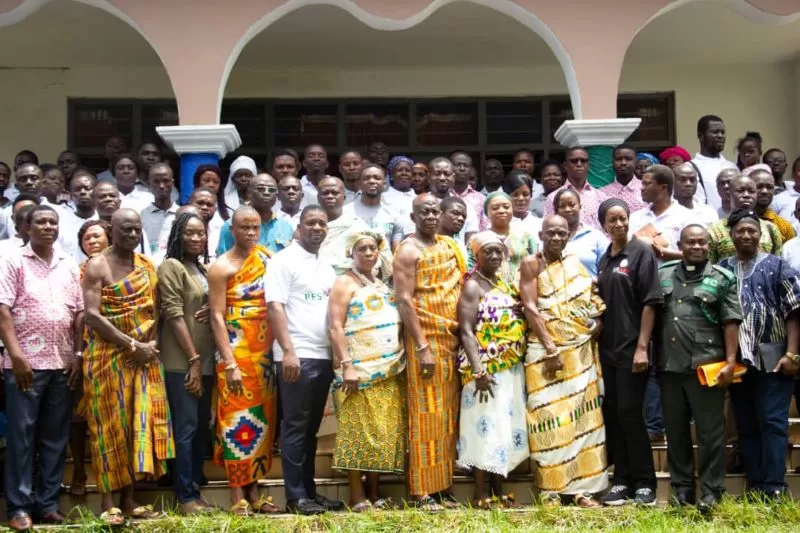
This is why USAID has partnered with the Rainforest Alliance and Olam Food Ingredients to implement the RESTORE project. “This project is more than just a vision; it’s a strategy to build resilient economies and uplift the very communities that sustain our cocoa landscapes. We are equipping smallholder farmers with the skills they need to become entrepreneurs, and we are helping them diversify their income streams,” he stressed.
Receiving the items on behalf of the beneficiaries, the chief of Anhiwaa and Paramount Chief of Sefwi Wiawso Divisional Area who is also the Chairman of the three Landscape Management Boards operating within the Sui River Landscape, Nana Kofi Nkuah II expressed his appreciation to the project implementers for their continuous support to the chiefs and people of the area over the years. He explained that the “RESTORE” project aligns with the values and communal spirit of the community. The project’s focus on empowering women and youth, who are the very backbone of the community, with entrepreneurial skills and livelihood enterprises, ensures not just the development of the people, but the sustainable use and preservation of the land resources.
“Our people have an honoured connection to this land. It is part of our identity, and our livelihoods depend on it. By promoting sustainable enterprises, this project allows us to maintain that connection while adapting to additional livelihood approaches. The honey production, snail farming, and other enterprises provide new opportunities aligned with our traditional values.
Empowering women and youth safeguards not only our present but also our future. As custodians of tomorrow, their skills, innovation, and energy will move our community forward. Providing them with resources to start enterprises allows them to transform their potential into concrete outcomes,” he emphasized.
He pledged on behalf of all the beneficiaries to ensure the judicious use of the start-up kits in order for the project’s objectives to be achieved.
About the Rainforest Alliance:
The Rainforest Alliance is an international non-profit organization working to create a world where people and nature thrive together through the creation of a more sustainable world using social and market forces to protect nature and improve the lives of farmers and forest communities.








